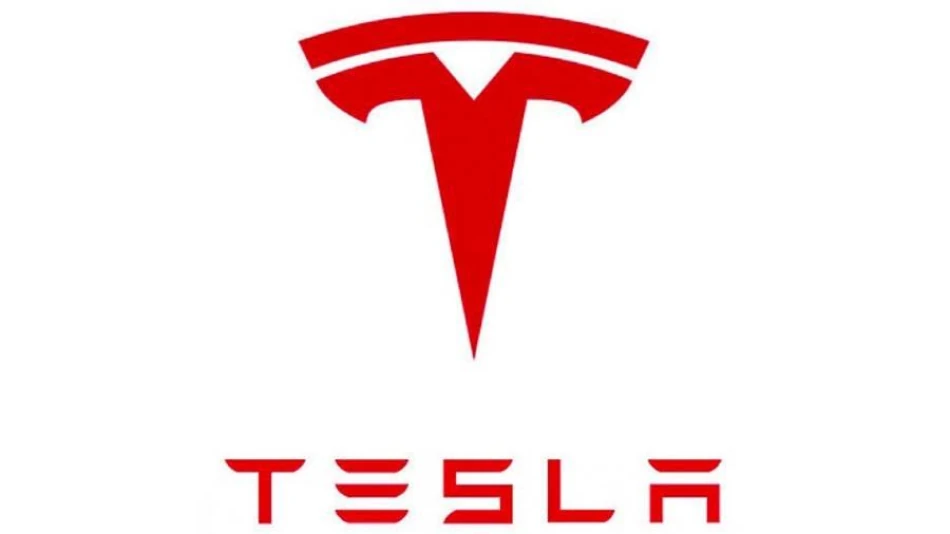
Tesla China Sales Dip 4% in August: Navigating Market Shifts
Tesla's China Sales Dip 4% as EV Giant Battles Local Competition Despite Strong Monthly Growth
Tesla's China-manufactured electric vehicles saw a 4% year-over-year decline in August sales, highlighting the intensifying pressure from domestic competitors as the American automaker works to refresh its aging vehicle lineup in the world's largest EV market. However, monthly production surged 22.6%, suggesting Tesla's Shanghai factory remains a critical global manufacturing hub despite local market challenges.
Mixed Signals from Tesla's Shanghai Operations
Tesla's Shanghai gigafactory delivered 83,192 Model 3 and Model Y vehicles in August, representing a significant 22.6% increase from July's figures. This monthly surge includes both domestic Chinese sales and exports to Europe and other international markets, according to data from the China Passenger Car Association released Tuesday.
The contrasting metrics reveal Tesla's dual challenge: maintaining its position in China's increasingly competitive domestic market while leveraging its Shanghai facility as a global export hub. The factory has become Tesla's primary manufacturing base for serving Asian and European markets, making monthly production volumes as important as local sales figures.
Aging Product Line Faces Fresh Competition
The year-over-year sales decline reflects Tesla's struggle with an aging vehicle portfolio in China. Both the Model 3 and Model Y have been available in the Chinese market for several years without major refreshes, while local competitors like BYD, NIO, and XPeng have launched newer models with competitive pricing and features tailored to Chinese consumer preferences.
Tesla's challenge mirrors what traditional automakers faced during China's initial EV transition: the need to constantly innovate and refresh product lines to maintain market share in a rapidly evolving landscape.
BYD's Surprising Domestic Struggles
Interestingly, BYD—Tesla's largest Chinese competitor and the world's second-largest EV manufacturer—experienced its fourth consecutive month of declining domestic sales in August. This unexpected trend suggests that China's EV market may be entering a more mature phase where even leading domestic brands face growth challenges.
BYD's struggles indicate that the Chinese EV market's explosive growth phase may be moderating, with consumers becoming more selective and competition intensifying across all price segments.
Market Implications and Strategic Outlook
For investors, Tesla's mixed Chinese performance underscores the importance of the company's global manufacturing strategy. While local sales may fluctuate due to competitive pressures and product cycles, the Shanghai factory's role as an export hub provides stability and justifies continued investment in Chinese operations.
The broader implications suggest that China's EV market is maturing beyond its initial growth phase, where early movers like Tesla and BYD enjoyed rapid expansion. Success now requires continuous innovation, competitive pricing, and deep understanding of local consumer preferences—factors that will likely determine which companies thrive in the next phase of China's electric vehicle evolution.
Most Viewed News

 Omar Rahman
Omar Rahman






